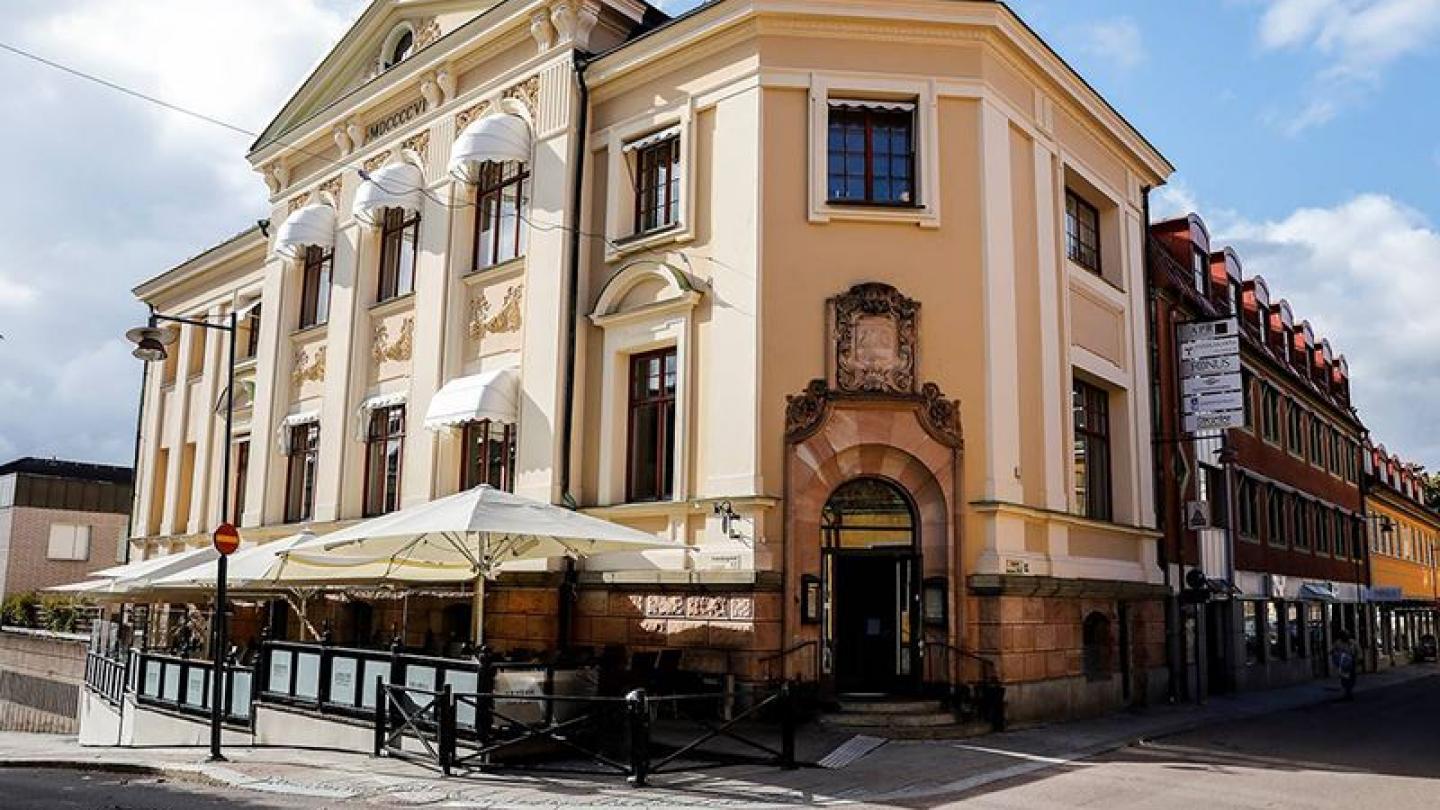Dalarna
WELCOME TO Dalarna
County Overview
Falun
29,086 km2
290,000
Swedish

Popular
Geography and Tourist Attractions
Information about the province's tourist attractions, including popular destinations, events, and activities.
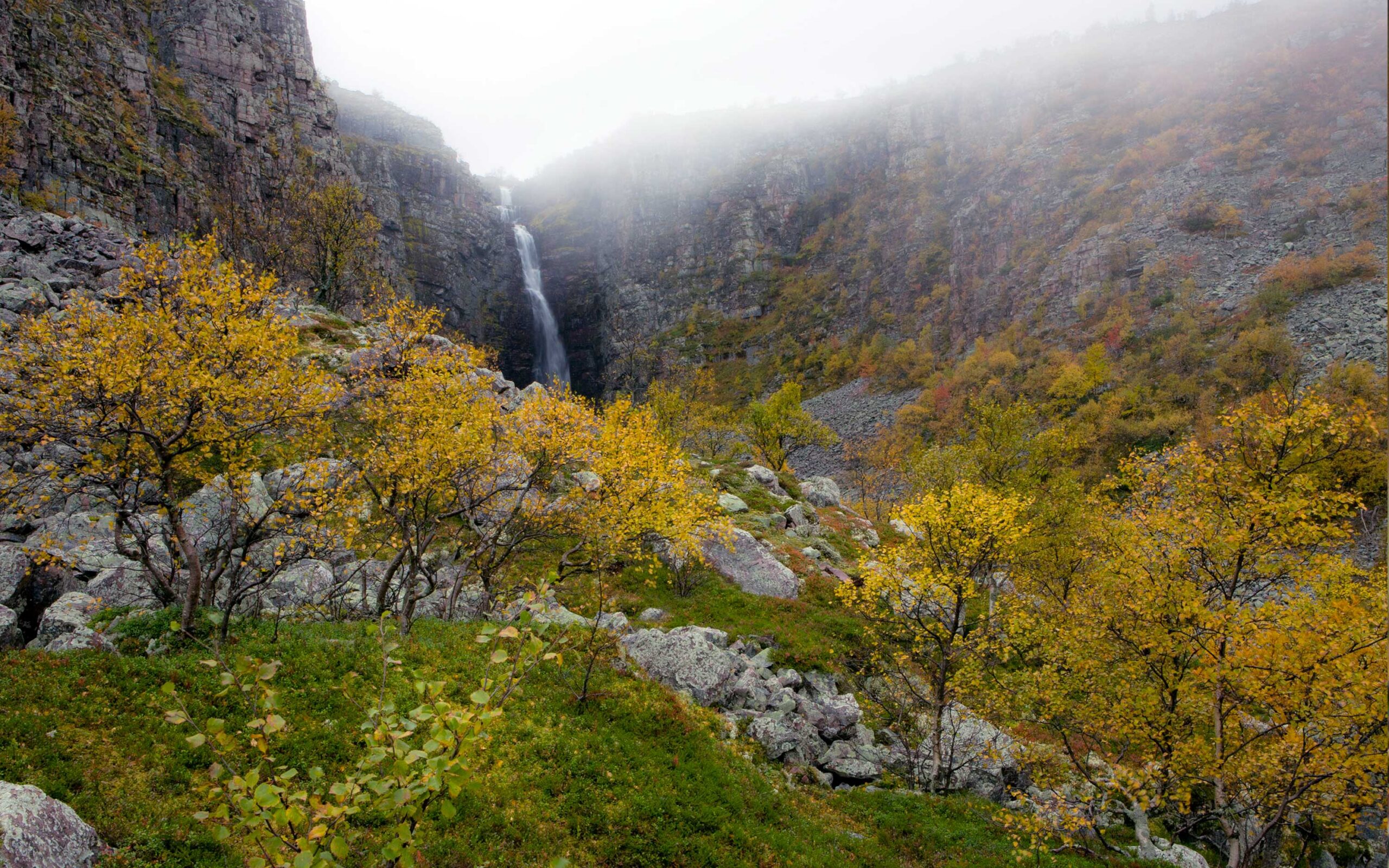
Fulufjället National Park
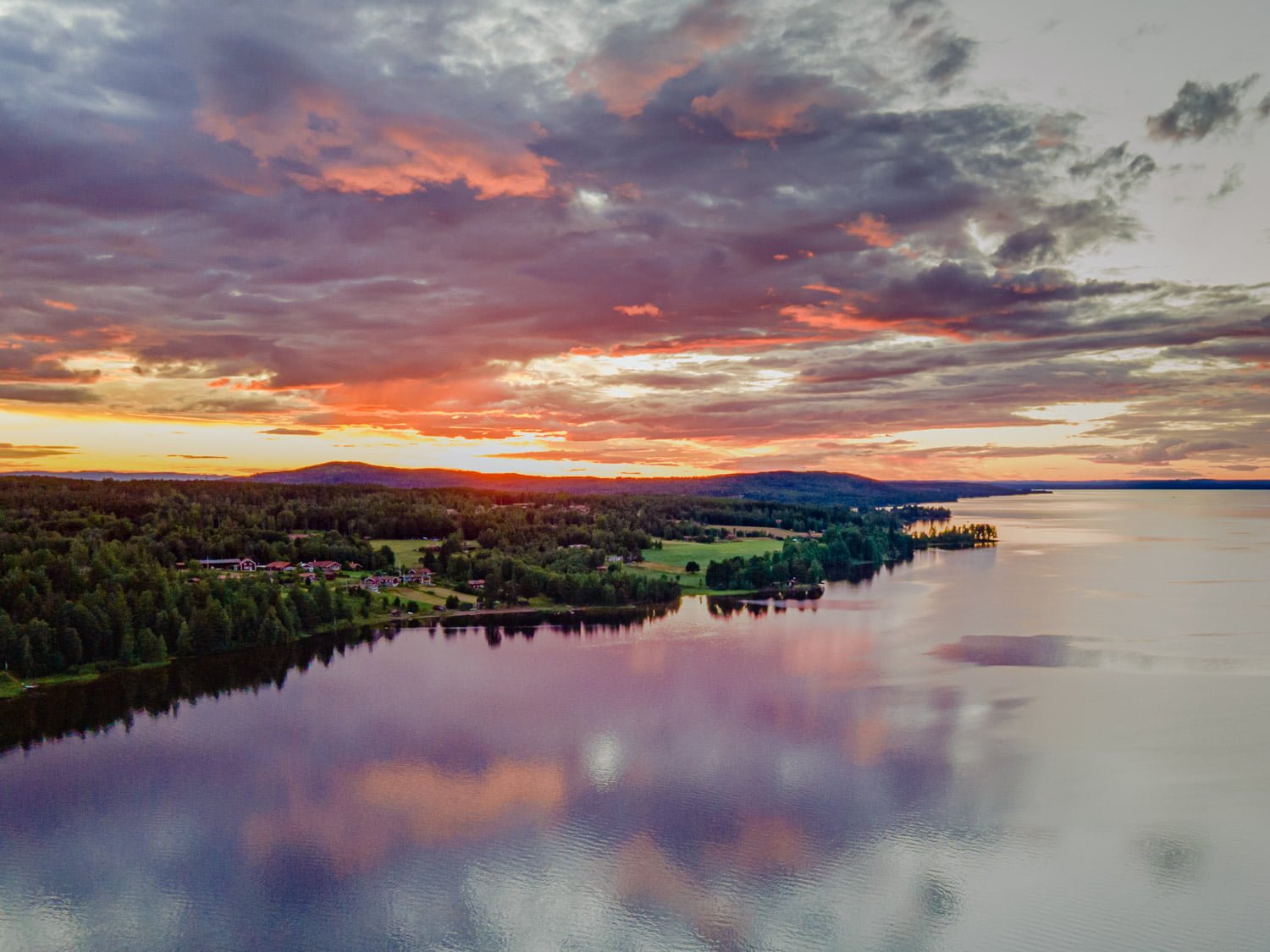
Lake Siljan
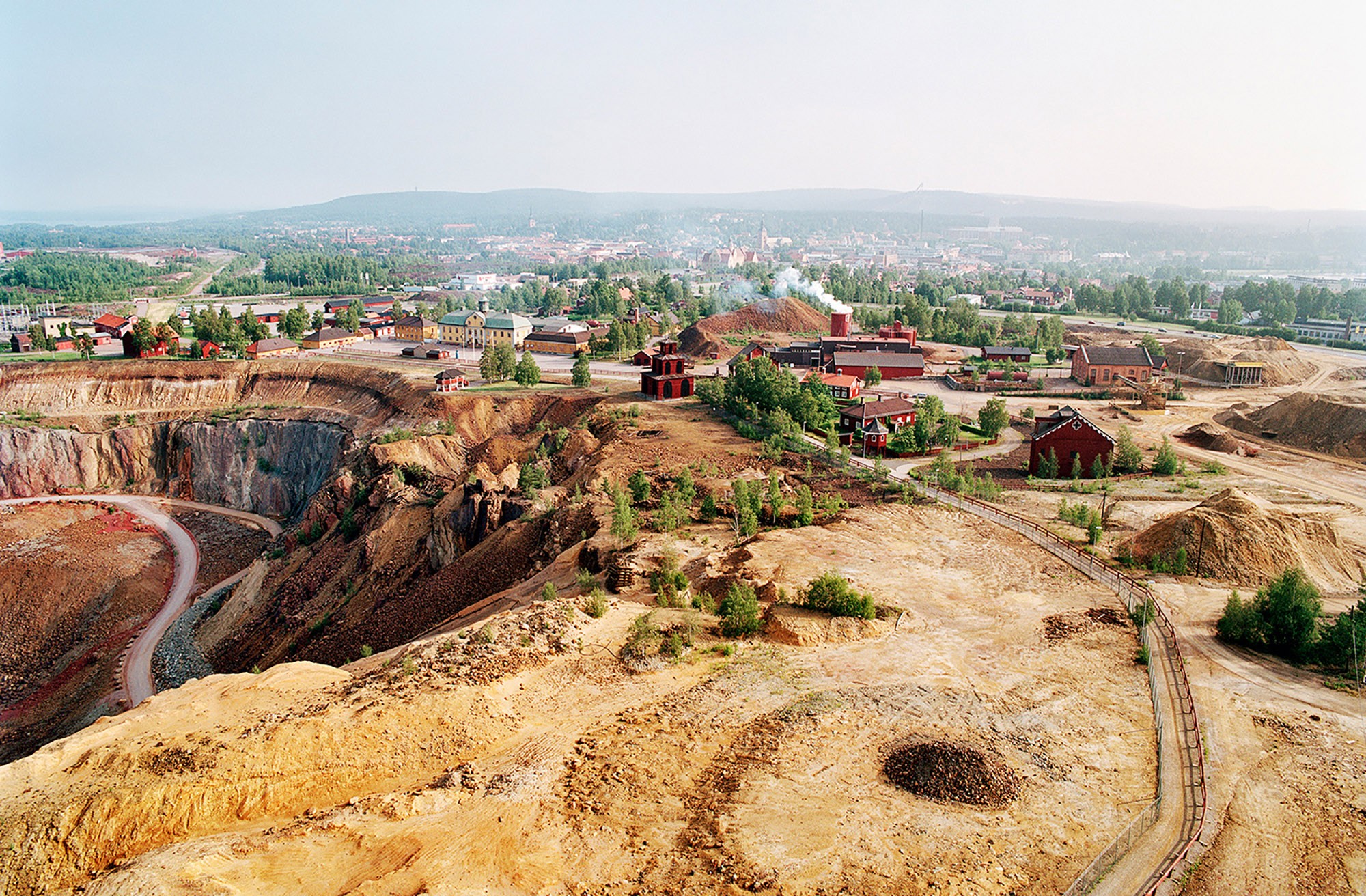
Falun Copper Mine
Political
Economy and Government
Dalarna is a region in Sweden with a diversified economy that includes industries such as mining, forestry, and tourism. The region's mining industry has a long history, with Falun Copper Mine being one of the most prominent mines in Sweden during the 17th century. Today, mining is still an important part of the region's economy, with iron ore being extracted from mines in the Kiruna region.
Forestry is also a significant industry in Dalarna, with timber production being a major contributor to the region's economy. The forests of Dalarna are managed sustainably, and many local companies are dedicated to producing high-quality timber products while preserving the region's natural beauty.
Tourism is another vital component of Dalarna's economy, with visitors attracted to the region's natural beauty, cultural heritage, and outdoor activities. Lake Siljan, Falun Copper Mine, and Fulufjället National Park are just a few examples of the region's popular tourist destinations. The region's government plays a vital role in supporting the local economy, including investing in infrastructure, education, and tourism promotion to attract visitors and businesses to the region.
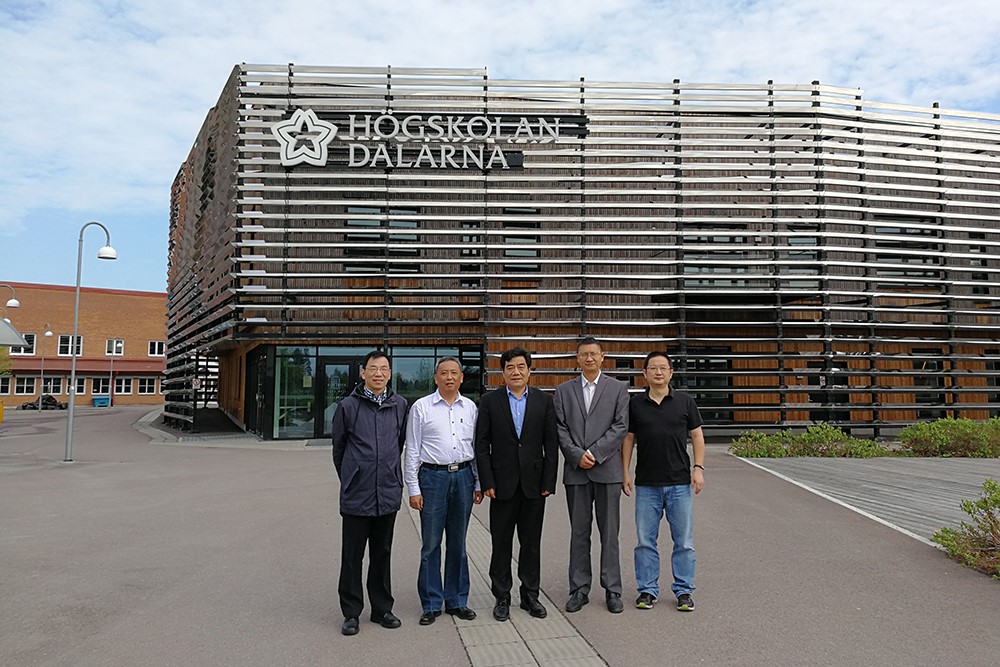
History
History and Culture
Dalarna has a rich history and culture that is deeply rooted in Swedish traditions. The region is known for its colorful folk costumes, which have been worn by locals for centuries and are still a common sight during local celebrations and festivals. The traditional Swedish Dala horse, which originated in Dalarna, is another iconic symbol of the region's cultural heritage.
The region has a long and proud history of mining, with Falun Copper Mine being one of the most significant mines in Sweden during the 17th century. The mine played a crucial role in the Swedish economy and was designated a UNESCO World Heritage Site in 2001.
Dalarna is also known for its traditional music and dance, with the region being home to several folk music festivals throughout the year. The region's museums and cultural centers, such as the Zorn Museum in Mora and the Dalarnas Museum in Falun, offer visitors the opportunity to learn more about the region's history and cultural traditions.
The region's history and culture are deeply intertwined with its natural surroundings, with many traditional crafts and activities being closely linked to the local forests, lakes, and mountains. Today, Dalarna's cultural heritage and natural beauty continue to attract visitors from around the world.
HOTELS
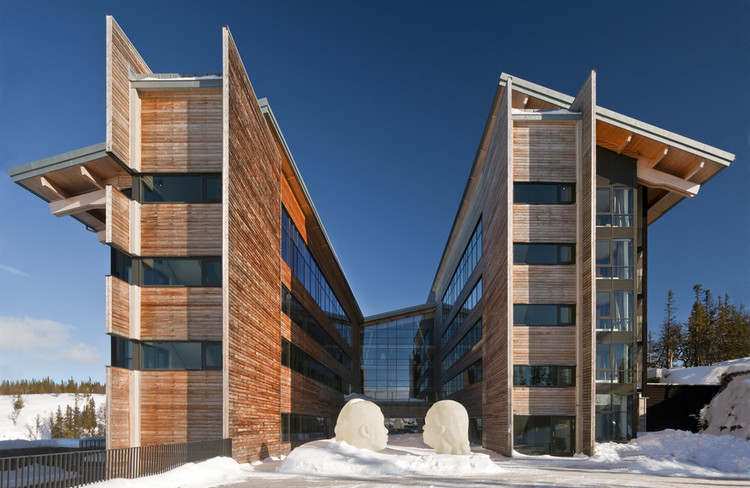
Copperhill Mountain Lodge
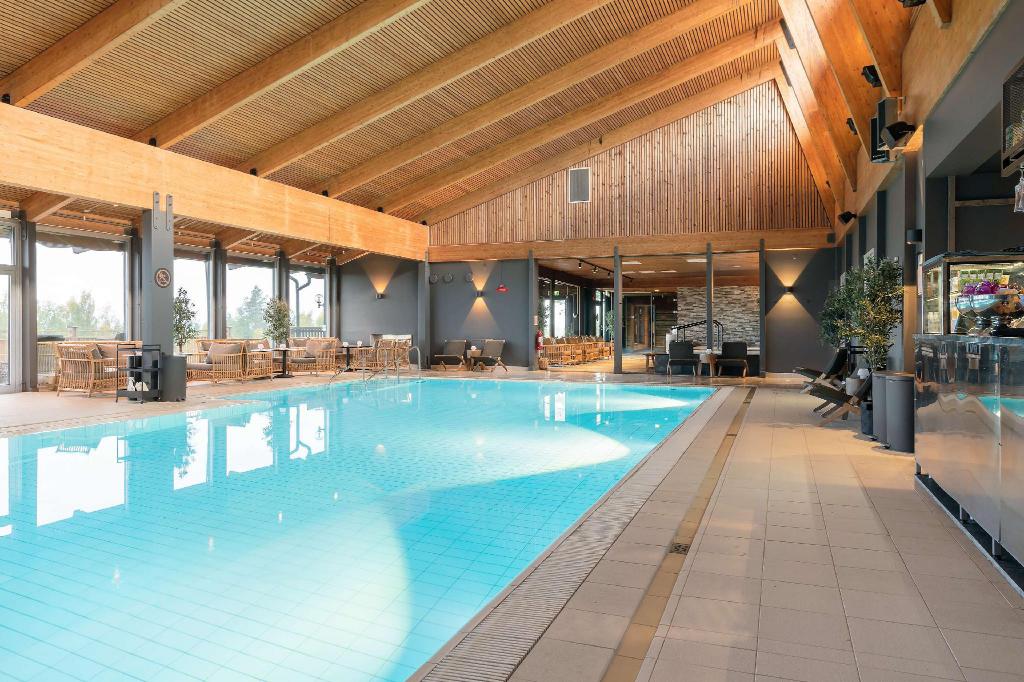
Dalecarlia Hotel & Spa
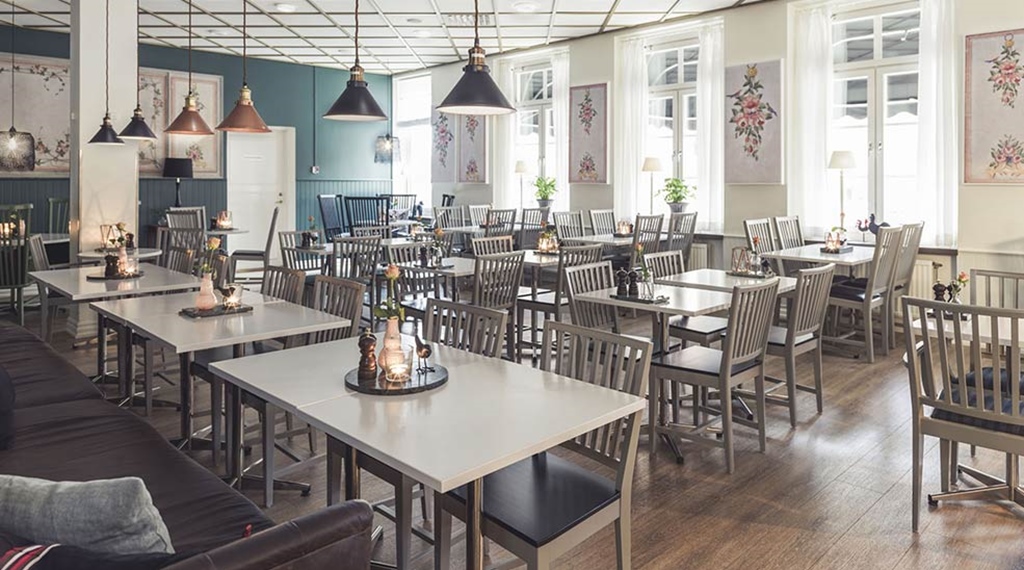
Clarion Collection Hotel Bergmastaren
RESTAURANTS
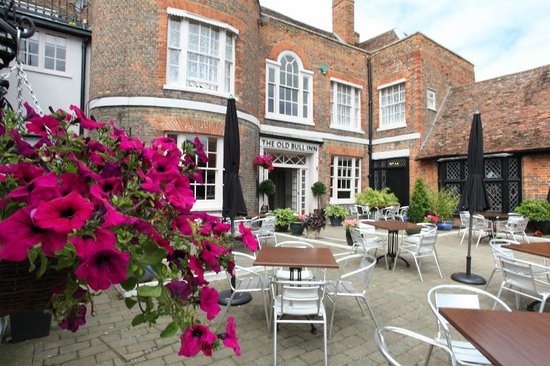
The Old Bull Inn

Elsas Hus
